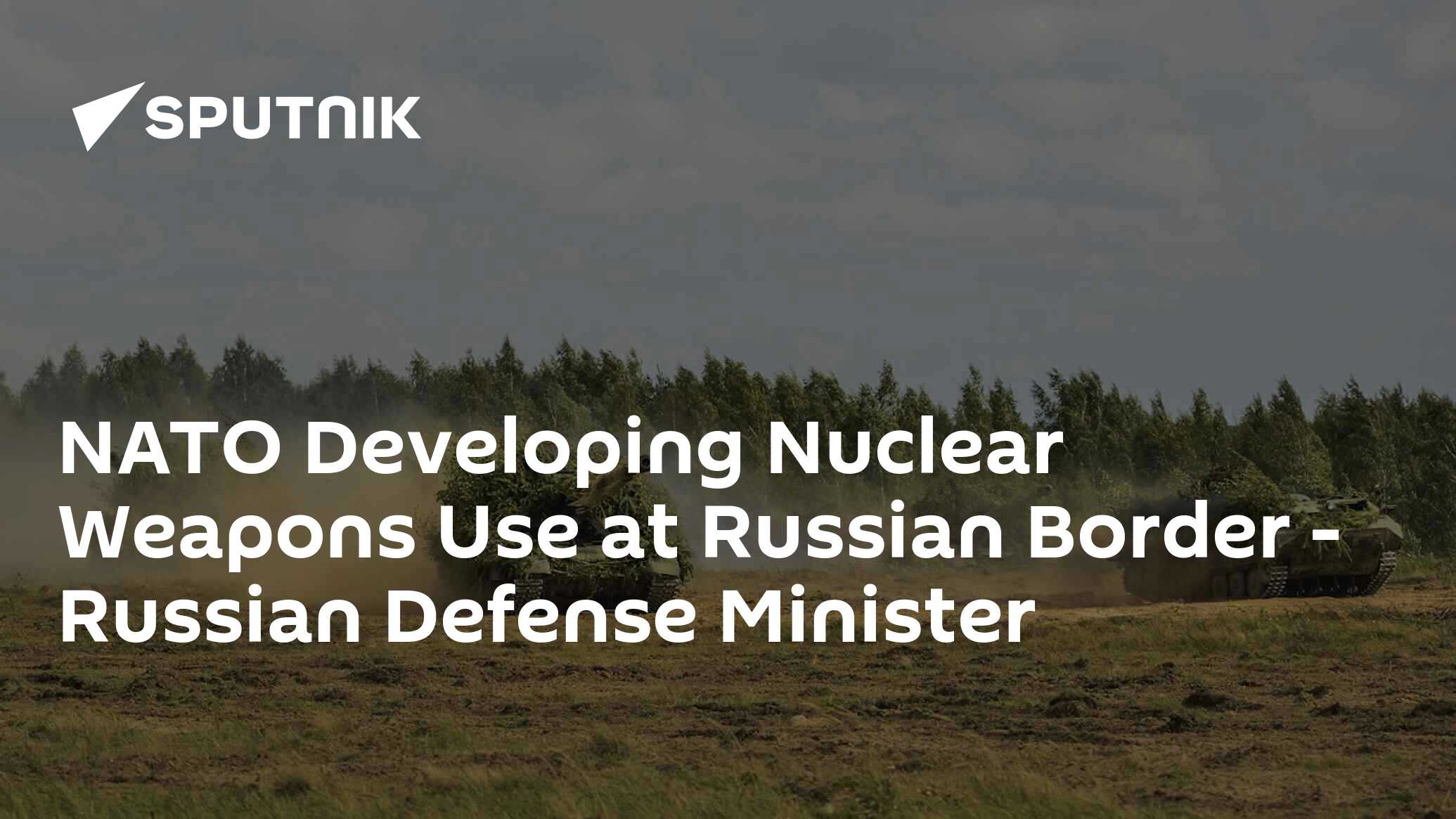
Nato developing nuclear weapons use at russian border - russian defense minister
- Select a language for the TTS:
- UK English Female
- UK English Male
- US English Female
- US English Male
- Australian Female
- Australian Male
- Language selected: (auto detect) - EN
Play all audios:

Several eastern NATO member states have repeatedly voiced concerns over the Zapad-2017 military drills that were held on September 14-20 in Russian and Belarus, claiming that Russian troops,
deployed in Belarus for the exercise, might stay in the country after the conclusion of the drills, thus, allegedly posing a threat to threat security. The Russian and Belarusian officials
have repeatedly refuted the allegations, saying that the planned drills were purely defensive and posed no threat to Eastern European states. In addition, Russia and Belarus invited NATO
experts and foreign journalists to observe the drills. READ MORE: PENTAGON 'CLOSELY' WATCHING MASSIVE RUSSIA-BELARUS ZAPAD-2017 WAR GAMES When commenting on the NATO
member-states' reaction to the planned drills, the Russian Foreign Ministry said that the increasing military presence of NATO in Eastern Europe went unnoticed amid groundless criticism
of the Russian-Belarusian Zapad-2017 military exercises. NATO has been significantly boosting its military presence near Russia's borders since 2014 under the pretext of an alleged
"threat" that Moscow poses to the eastern members of the alliance in the wake of Ukraine's internal conflict, a claim repeatedly denied by the Russian Foreign Ministry that
has on more thanone occasion voiced its protest against NATO's military buildup, saying that it would undermine regional stability and result in a new arms race.
